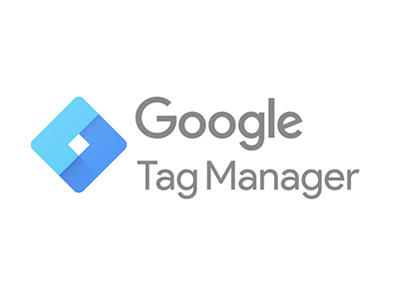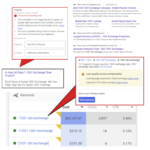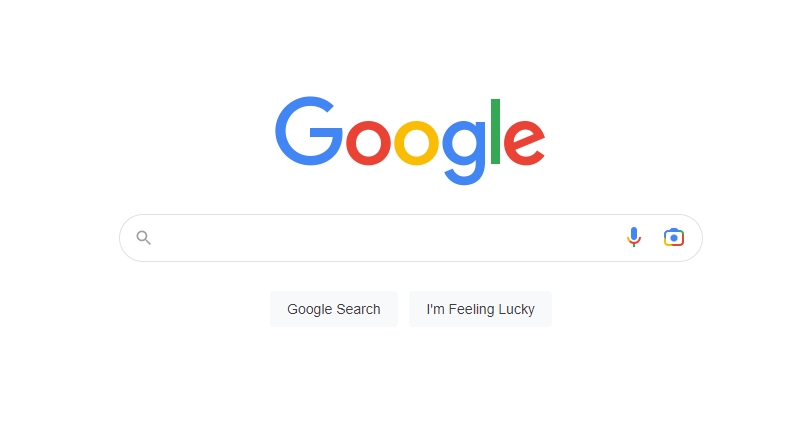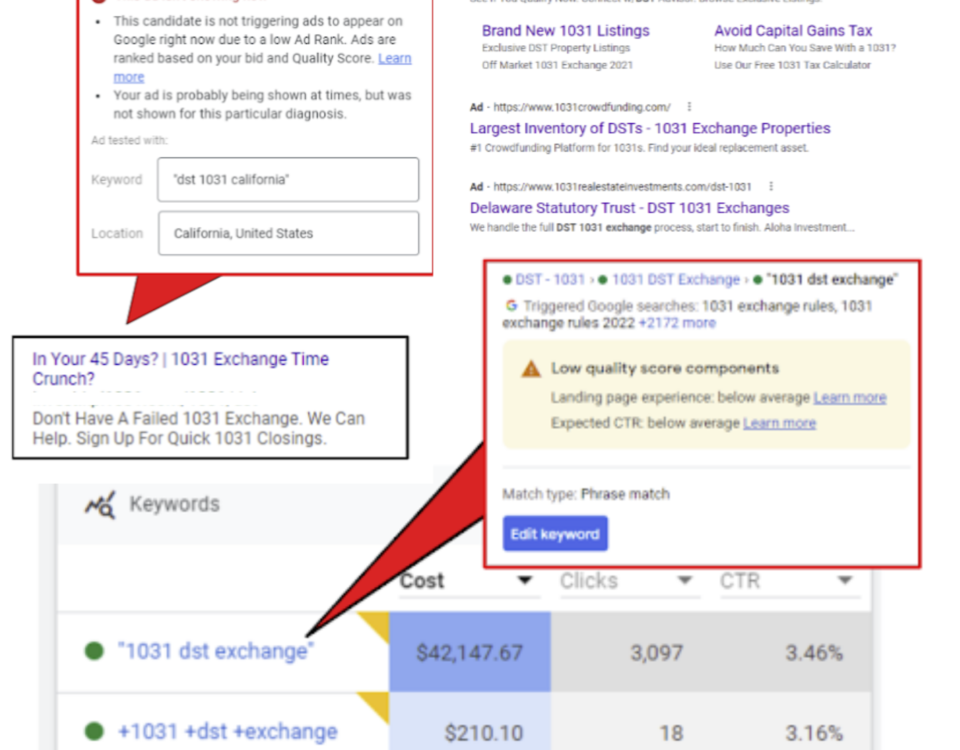
Google Tag Manager 101: Best Practices
March 15, 2023
The Unseen Art of DST 1031 Exchanges and the Power of Precision in Keyword Strategy
March 24, 202420 keys to a successful keyword campaign

20 Key
- Define your campaign objectives: Identify your goals for the campaign, such as generating leads, increasing sales, or driving website traffic.
- Conduct keyword research: Use the Adwords Keyword Planner tool to identify relevant keywords with high search volume and low competition.
- Group keywords by relevance: Organize your keywords into ad groups based on their relevance to each other and the ad copy.
- Write compelling ad copy: Create ad copy that includes your target keywords, highlights your unique value proposition, and encourages clicks.
- Use ad extensions: Use ad extensions like site links, callouts, and reviews to provide more information and improve ad performance.
- Optimize your landing pages: Create landing pages that are relevant to your ad copy and encourage conversions.
- Use negative keywords: Add negative keywords to your campaigns to avoid showing ads for irrelevant search queries.
- Set realistic budgets: Set budgets that align with your campaign objectives and allow for testing and optimization.
- Use bid adjustments: Adjust bids based on factors like device, location, and time of day to improve ad performance.
- Monitor your campaign performance: Regularly review your campaign performance metrics, such as click-through rate, conversion rate, and cost per conversion.
- Use conversion tracking: Use Adwords conversion tracking to measure the effectiveness of your ads and optimize for conversions.
- Test and refine: Test different ad copy, landing pages, and targeting options to refine your campaign over time.
- Use remarketing: Use Adwords remarketing to target users who have already visited your website or engaged with your brand.
- Use audience targeting: Use Adwords audience targeting to reach users based on demographics, interests, and behaviors.
- Use ad scheduling: Set ad schedules to show your ads at the times of day and days of the week when your target audience is most active.
- Use location targeting: Target your ads to specific geographic locations to reach your local audience.
- Use ad testing: Use Adwords ad testing to compare the performance of different ad variations.
- Optimize for mobile: Optimize your ads and landing pages for mobile devices to reach users on-the-go.
- Use automation: Use Adwords automation features like Smart Bidding and Dynamic Search Ads to improve campaign efficiency and performance.
- Stay up-to-date: Stay up-to-date with the latest Adwords features and best practices to ensure that your campaigns remain effective.
Regenerate response


